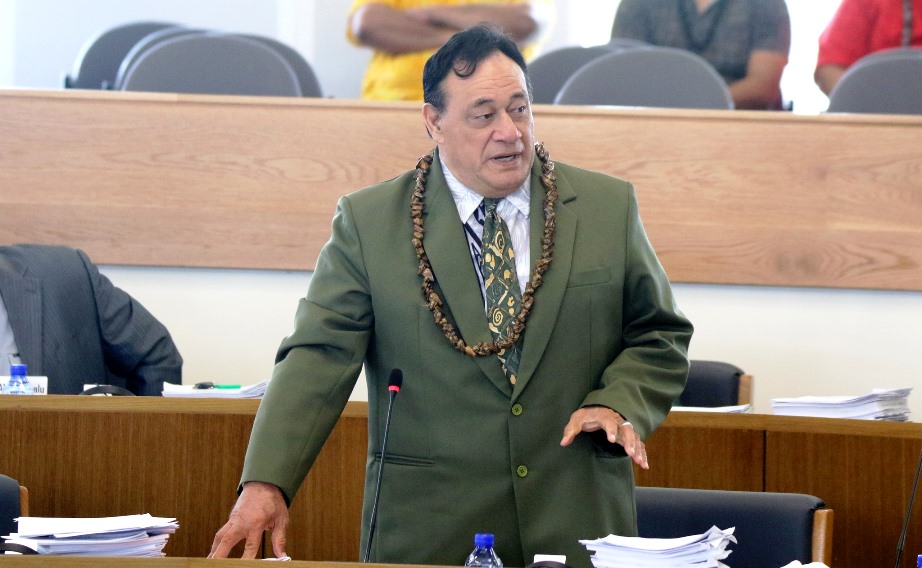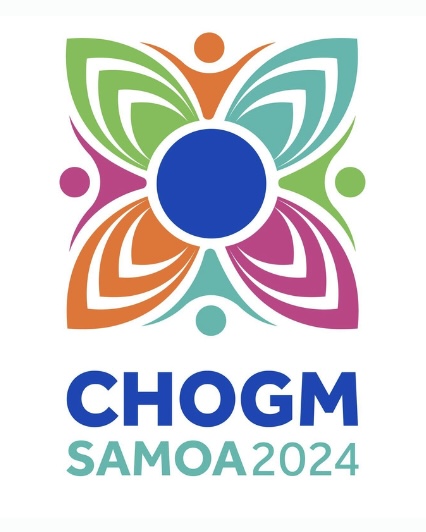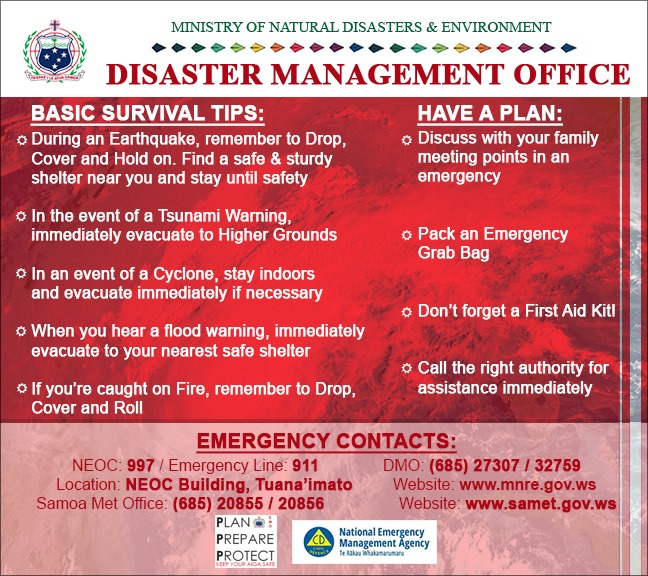Health
Health issues wake-up call as 7 year old is the youngest Dialysis Victim

By Lagi Keresoma/
Apia, SAMOA – 21 March 2024: A seven year old boy who died of kidney failure this week is the youngest victim as serious concerns were raised in parliament about the bleak state of the country’s health with a stern rise in dialysis patients as a result of non-communicable and lifestyle diseases.
Responding to the concerns by MPs on the Samoa National Kidney Foundation (SNKF) Report, the Minister of Health, Valasi Luapitofanua Tafito Togamaga called for urgent measures to remedy the problem and he challenged Parliament to “wake up”.
The Opposition Leader and former Prime Minister Tuilaepa Sailele Malielegaoi also called for a remedy given the recommendations by the Parliamentary Committee’s report on the Samoa National Kidney Foundation’s (SNKF) report.
Valasi said that much has been said about the causes of the problem due to unhealthy diets and lifestyles and yet there is still no remedy to the problem.
The latest report from SNKF shows the number of dialysis patients now sits at 210 from July 2023-February 2024, with 23 in Savaii and 187 in Upolu.
This number does not include those who are in Stage 1 and 2 undergoing sessions with SNKF staff and will ultimately end up on the dialysis machines three times a week for the rest of their lives.
The youngest dialysis patient on record is a 16 year old boy and the average age of patients is now 30 years.
Valasi said efforts to find a remedy continues and so is the number of patients and he calls for urgent measures to be taken to address it.

Patients undergoing dialysis treatment three times a week at the Samoa Kidney Foundation.
Targeting Children at their prime
He noted from the report that most of the patients are elderly people and that some of the patients were not aware of their situation until they saw a doctor and realized they are at Stage 1 or 2.
One of the report’s recommendations which Valasi supports is to target children while young so to influence and form their dietary and lifestyle habits at a young age.
“Often we target the adults especially those diagnosed with it, but if we could instil in the minds of our younger generation the importance of living a healthy lifestyle from a young age, they will grow up understanding the risks.”
Revival of SPAGHL
The report also recommended for Parliament to revive its Samoa Parliamentary Advocacy Group for Healthy Living (SPAGHL) program.
The program targets healthy food in schools and support school health veges and fruit gardens initiatives.
SPAGHL was initiated by the Minister of Agriculture & Fisheries, Laaulialemalietoa Leuatea Polataivao Schmidt when he was Parliament Speaker in 2008 and its members were MPs, and include the Ministry of Health and Education and other stakeholders.
The program was later cancelled by then Prime Minister Tuilaepa Sailele Malielegaoi.
According to Laauli, the 200 plus patients now waiting to undergo dialysis treatment could have been spared had the SPAGHL continued in the last 15 years.
At the time, SPAGHL also moved to inspect hygiene and safety of village schools and did close some of the schools due to poor health status of the school toilets and safety of the school buildings. The extent of SPAGHL’s powers and conflicting with the Ministry of Health were some of the reasons it was closed down when it had no more funding allocation.
Push for awareness programs
Valasi emphasized the need for a strong push for awareness programs and avenues that include the service provided by the Matuaileoo Environment Trust Inc, (METI) operated by Dr. Walter Vermuelen, a former Director of Health.
He said whilst SNKF focus on those with Stage 3 and 4 situations, METI could focus on preventative awareness by targeting those in stage 1 and 2.
“It’s 19 years since the establishments of SNKF but we are not seeing any reduction in numbers and Parliament should agree and support all efforts towards finding a solution to an increasing dilemma,” said Valasi.
“We need to walk the talk and Parliament should take the lead,” he said.

























